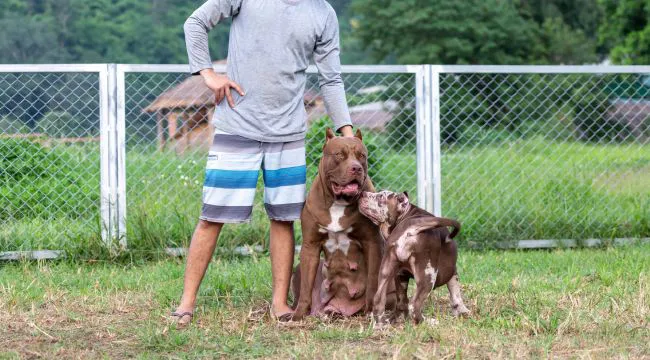
Choosing a reputable breeding operation for your next pet is crucial to ensuring a happy, healthy companion. Such breeders prioritize animal health, well-being, and genetic integrity. To identify a reputable breeder, pay attention to their facilities, animal care, and cleanliness.
It’s important to familiarize yourself with the signs that distinguish a reputable breeder from the rest. A good breeder prioritizes the welfare of their animals over everything else. Let’s take a closer look at the key factors that will help you make an informed decision that ensures the well-being of your future pet and supports ethical breeding practices.
Cleanliness and Hygiene
The first and most observable sign of a reputable breeding operation is its cleanliness and hygiene. Look for well-maintained facilities where living areas are free of waste, odors, and excessive clutter. Clean water and fresh food should be readily available, and bedding should be clean and comfortable. Keeping the animals clean reduces the risk of disease and is a clear indication that the breeder cares.
Facility Design and Safety
A reputable breeder’s facilities will be designed to meet the animals’ needs. This includes living spaces that are safe, secure, and comfortable. Outdoor areas should be well-fenced and free of hazards. Indoor spaces should be well-ventilated, temperature-controlled, and designed to prevent overcrowding.
Health and Veterinary Care
Responsible breeders take their animals’ health seriously. This means regular veterinary checkups, vaccinations, and prompt treatment of illnesses. Ask to see health records and proof of genetic screening if applicable. A reputable breeder will be transparent about their animals’ health history and the measures taken to prevent hereditary conditions. They should also offer guidance on proper care and be available to answer health-related questions even after you’ve taken your pet home.
Ethical Breeding Practices
Ethical breeding includes more than producing animals; it also includes ensuring the health and longevity of each litter. Whether your next pet is a Bernedoodle or a Beagle, reputable breeders will understand genetics and breed standards. They should be able to explain their greeting goals and how they select breeding pairs based on health, temperament, and conformity to breed standards. Avoid breeders who excessively breed their animals or prioritize profit over the well-being of their litters.
Transparency and Education
Transparency and willingness to educate potential owners are signs of a reputable breeding operation. Good breeders are proud of their operations and happy to provide tours of their facilities. Breeders should be transparent about their breeding practices and eager to share information about their animals. A reputable breeder will also be interested in you and whether you can provide a suitable home for one of their animals.
Aftercare and Support
Look for a breeder that offers ongoing support after you take your pet home. They should provide guidance on feeding, training, and healthcare and be available to answer questions. Many responsible breeders also require a contract that may include stipulations about spaying or neutering and returning the pet to the breeder if you can no longer care for it.
Choosing a reputable breeder is vital for your future pet’s health and happiness. Look for cleanliness, proper facilities, comprehensive health care, ethical breeding practices, transparency, and aftercare support. Quality breeders prioritize their animals’ well-being, ensuring you bring home a healthy, happy, and well-adjusted pet.



